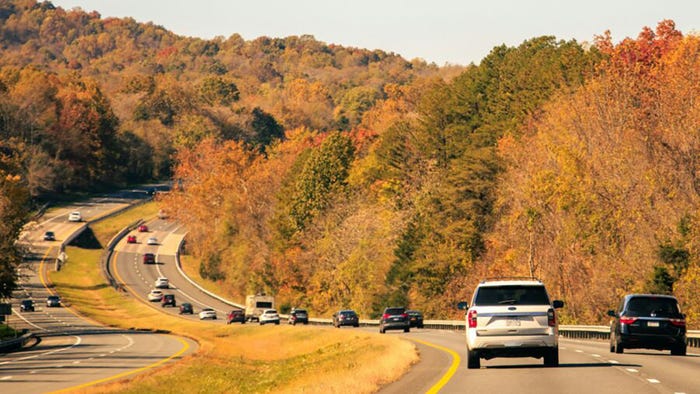Energy department announces $31M for local, state energy efficiency and conservation efforts
November 30, 2023

In support of the nation’s push toward clean energy, the U.S. Department of Energy announced this month the recipients of more than $31 million in investments through the Energy Efficiency Conservation Block Grant Program, which is funded by the Bipartisan Infrastructure Law. The money will support projects in 19 states and local communities, and is intended to promote energy efficiency and conservation efforts.
“Nationwide, we are flipping the switch for an equitable clean energy transition: one community at a time,” said U.S. Secretary of Energy Jennifer M. Granholm in a statement. “We are empowering states and their local governments—that know their needs best—to implement ambitious plans to transform their communities and ensure no one is left behind when it comes to energy efficiency upgrades.”
The program will support households and communities as they transition to clean energy. In total, the program has more than $430 million in formula grant funding available to about 2,700 states, territories, local governments and tribes serving over 250 million Americans. The latest investment represents the second tranche of funding to be awarded from the EECBG Program. The first tranche of 16 grantees was announced in October.
Awardees include Ann Arbor, Mich., which will renovate the Bryant Community Center into a net-zero resilience hub and living-learning carbon neutrality demonstration site serving a disadvantaged community with a grant award of $182,360. The community center will receive a full building retrofit, including holistic weatherization, solar panels, battery storage systems, heat pumps, and EV charging stations.
Massachusetts will receive $2.4 million to launch a sub-granting program for local governments that want to increase their capacity for clean energy planning and decarbonization. Local government recipients can hire an energy manager and pursue decarbonization studies and weatherization retrofits for municipal and school buildings with the money. They can also establish local campaigns to help low-to-moderate income communities access clean energy programs offered by Mass Save, as well as new federal incentives, including from the Inflation Reduction Act.
Other states receiving money include Arkansas ($1.9 million), Illinois ($2.9 million), Indiana ($2.4 million), Iowa ($2 million), New Mexico ($1.7 million), South Carolina ($2.1 million) Texas ($4.8 million), West Virginia ($1.8 million), and Wisconsin ($2.3 million). Cities recieving funding include Austin, Tx. ($855,340), Denver, Colo. ($655,720), Edmond, Ok. ($146,020), Orem, Utah ($150,350), Rock Hill, S.C. ($133,080), and Rio Arriba County, N.M. ($76,350).
Future funding will be awarded on a rolling basis as applications come in. Local governments and tribes can apply for traditional grants, vouchers for equipment rebates, or technical assistance.
Applicants can apply for funding under 14 categories of eligible activities that align with broader clean energy goals and meet local needs. All state applicants must subgrant at least 60% of their awarded funds to local governments that were ineligible for a direct formula award. Many states will subgrant an even higher percentage of their funds to local governments. The application deadline is April 30, 2024.







